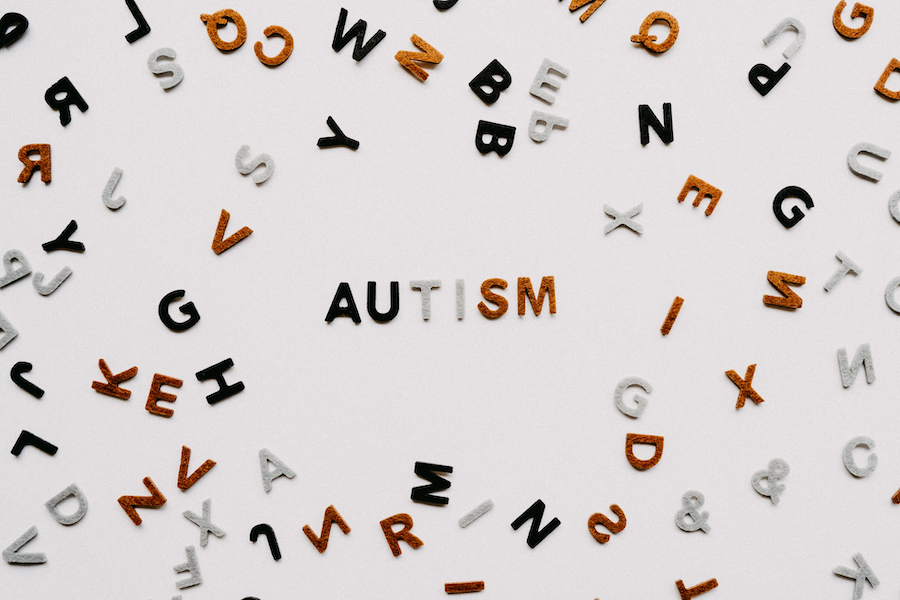
Street Cop Training

Autism Training for West Virginia Law Enforcement.
A report published by the Autism and Developmental Disabilities Monitoring, a branch of the CDC, states that 1 in 54 children are on the autism spectrum. Each year the number increases dramatically. Doctors and the science behind identifying autism are expanding so that new ways to more accurately identify autism in children and adults are found. So it is not that autism is increasing, but the ability to diagnose autism is increasing.
As law enforcement, we will sometimes find ourselves dealing with a child or adult on the spectrum. So West Virginia has decided to take action with a new program aimed at training law enforcement officers to deal with and understand people on the spectrum.
Autism Spectrum Disorder (ASD) is challenging for the person with ASD and people dealing with them, especially in traumatic situations. So a statewide program has been launched to ensure safer and more effective means of dealing with people with ASD.
In Berkley and Marion counties, training was offered this month by The Safe Interactions for Law Enforcement and Persons with Intellectual or Developmental Disabilities. This helps officers learn more about how people with ASD may react and respond to dealing with law enforcement. The course aimed at giving officers a broader toolset to ensure safe interaction between themselves and those with ASD. Since people with ASD have vastly different degrees of impairment, officers need to learn and understand how to better work with those individuals in their communities.
First, Sgt. K.G. Murray of the State Police has his own personal connection to someone with ASD. So he had this to say about the training:
“As parents of a young adult and teen with ASD, it is the hope of my wife and I that ASD awareness training is a highly effective educational tool to all law enforcement in West Virginia, where most of our encounters with those with ASD are positive,” He continued. “Through this training, West Virginia can be the light for the rest of the nation to follow when it comes to ASD training and education for law enforcement and all first responders.”
This training will help officers better understand and engage the community at large in a positive way. It is essential for 21st-century policing to learn as much as they can about people they might encounter. This program also aims to raise awareness for the public as well. Getting ahead of problems and establishing teaching moments before people find themselves calling 911.
Julie O’Malley, community and education training coordinator for the West Virginia Autism Training Center at Marshall University, had this to say on the matter.
“If the person that had called (the police) had just known a little bit about autism,” she said, “by his key social cue, by his speech, the intonation of his speech, they really would have been able to tell, and they wouldn’t even have had to call to put the police in that situation.”
I, for one, believe in officers having as much training as possible to prevent negative interactions between officers and people with ASD. However, in our line of work, it is not a matter of “if.” It is a matter of “when” that we might have to deal with someone on the spectrum. So hopefully, this training is practical, catches on, and sees mainstream acceptance across other states.